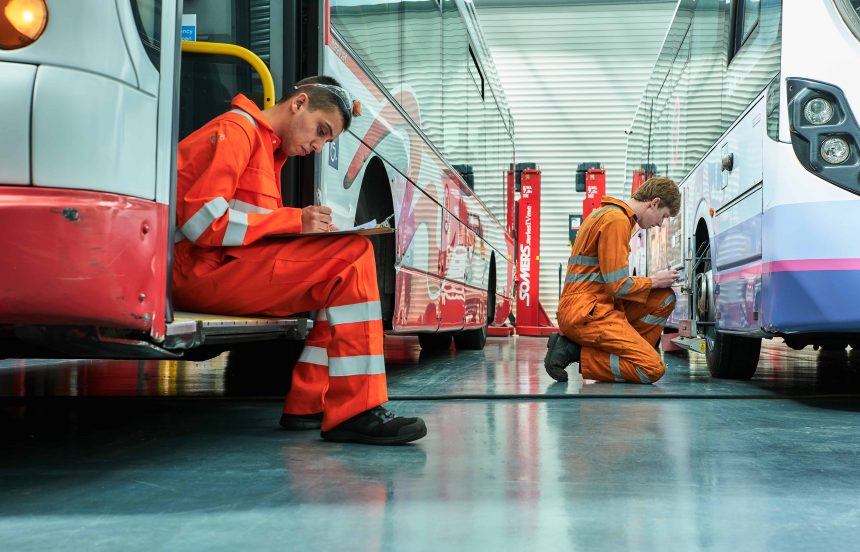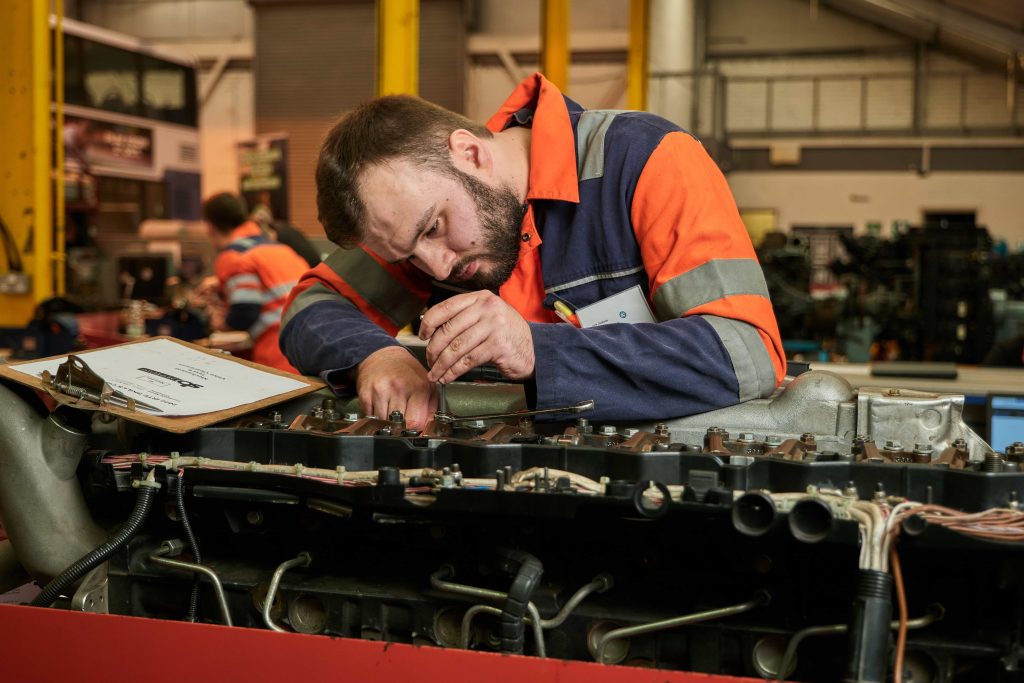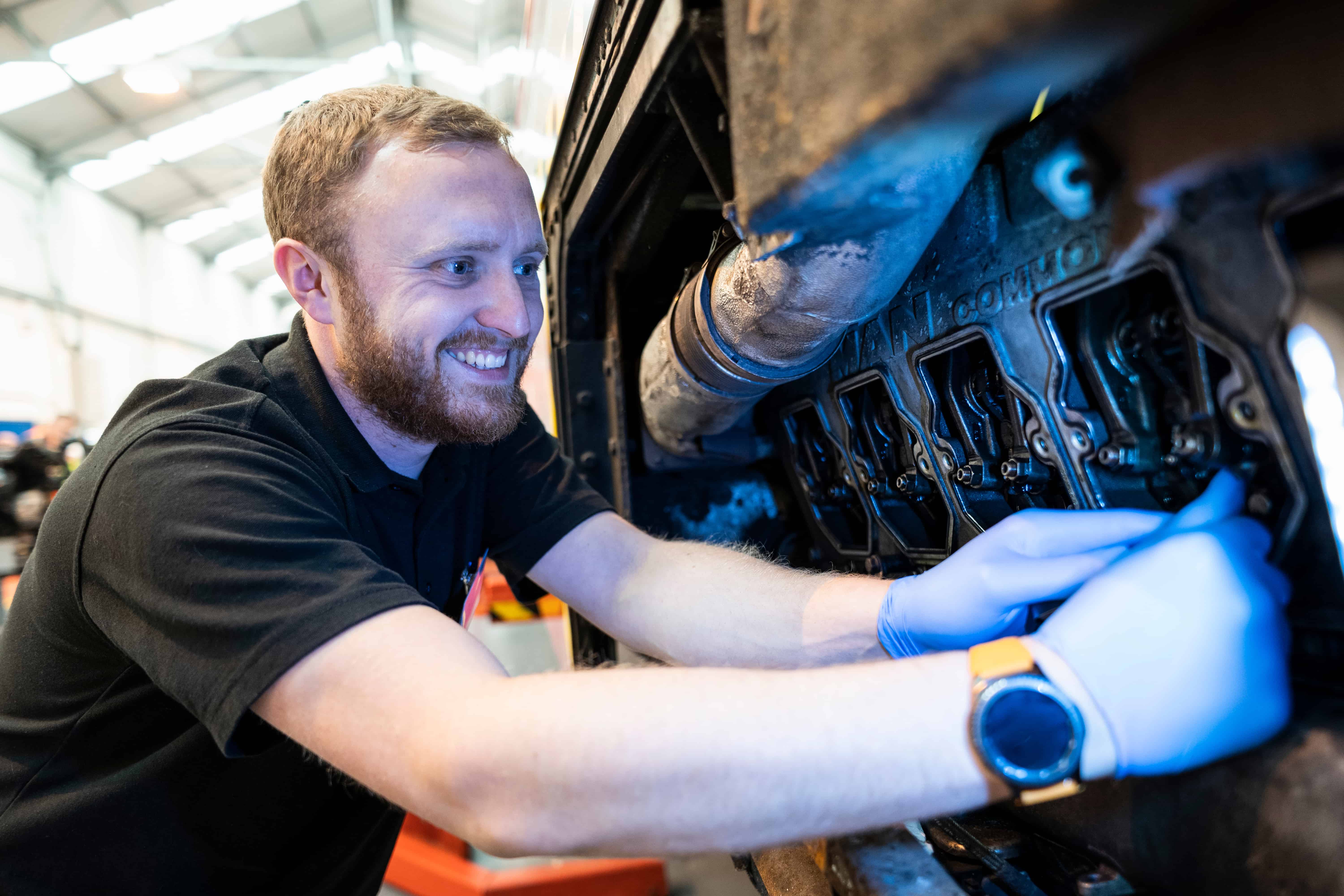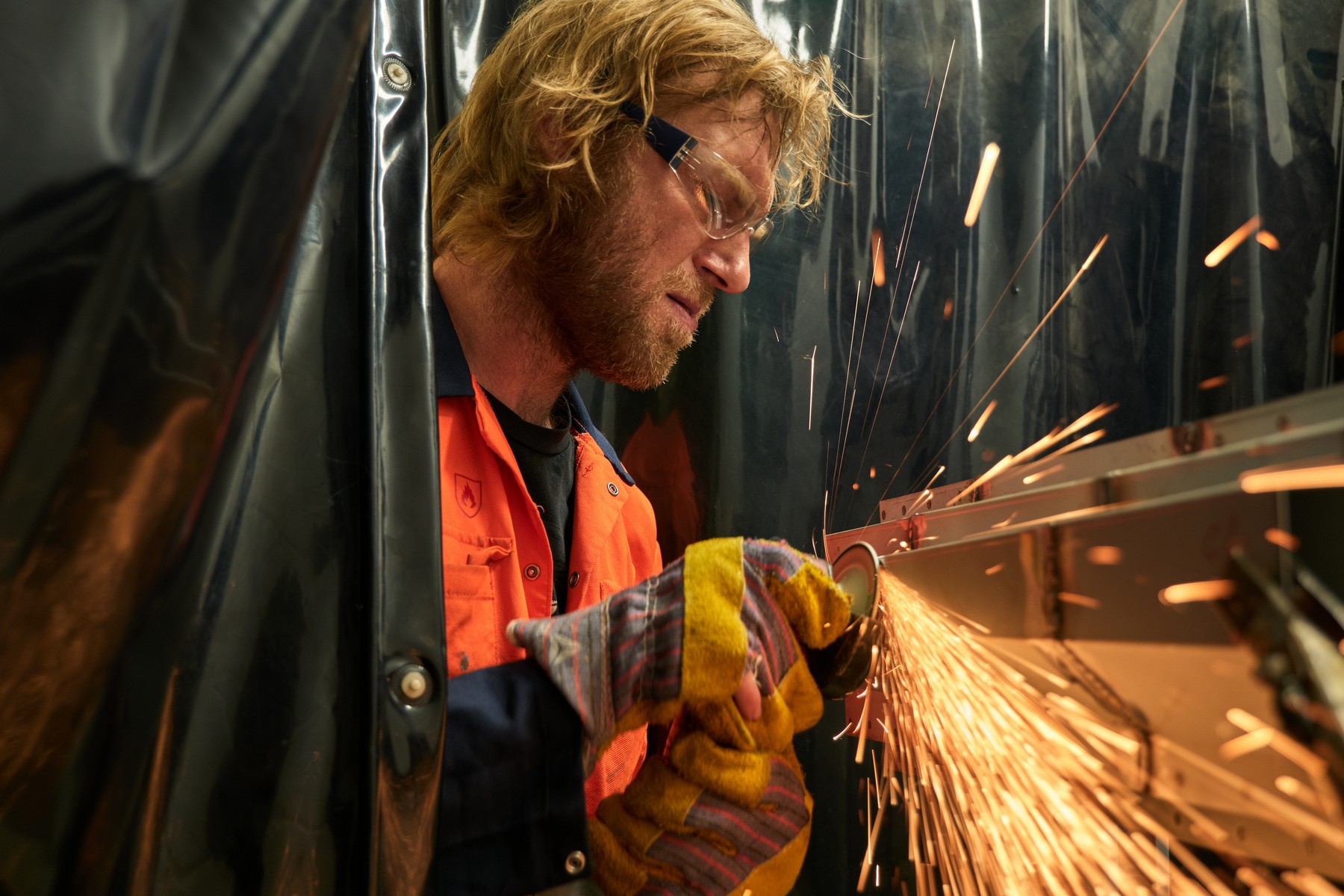Entries are officially open for the 12th annual IRTE Bus and Coach Skills Challenge.
Scheduled over three days at the S&B Automotive Academy in Bristol during the week commencing 3 June, the Skills Challenge will see PSV engineers, technicians and apprentices from across the coach and bus sector competing under one roof to prove their skills and knowledge across various disciplines.
The annual national event has become a fixture in the coach and bus engineering calendar since it was launched 13 years ago.
As well as acting as a showcase for the high level of skills already demonstrated in the coach and bus repair industry and as a way for operators to promote their dedication to high standards, the three-day competition presents a unique opportunity for engineers and technicians to meet and socialise with likeminded individuals while comparing their abilities.
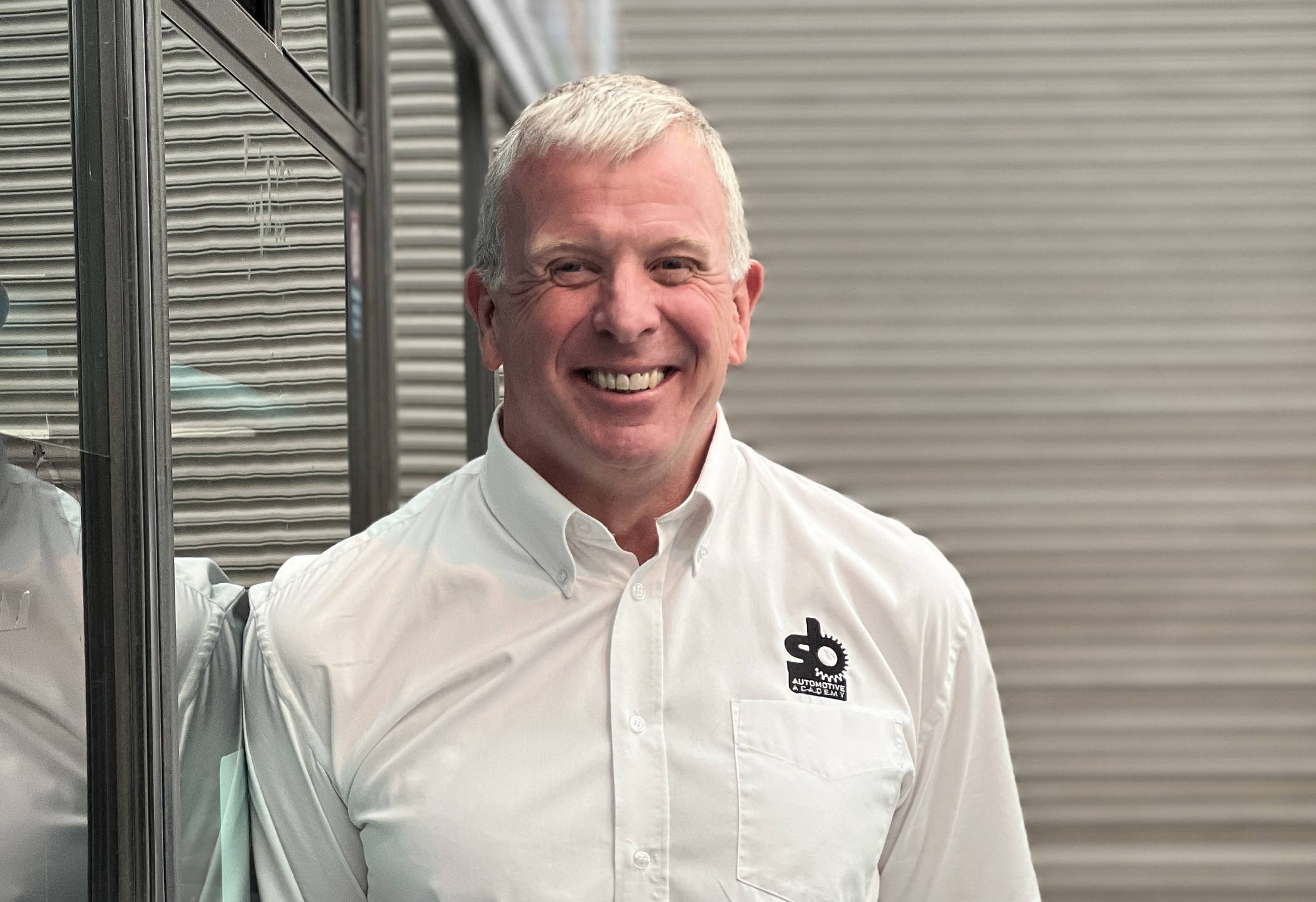
Emerging tech to the front
Competitors are each tested through one of the three days of the competition between 0830hrs to 1700hrs, with varying tests from their relevant disciplines. Tests are a mixture of practical, written theory and oral questioning.
The theme of this year’s event is ‘challenging the status quo’, reflecting the Skills Challenge’s desire to push competitors outside of their comfort zone and raise industry standards in anticipation of the skills required of the future.
There are changes to come this year. While previous years have seen mechanical engineering, electrical engineering and bodywork testing categories for qualified engineers and apprentices (as well as a ‘mechelec’ combined mechanical and electrical category for apprentices and a mastertech category) this year will see an additional category focused on new technology.
The new category will, according to S&B Automotive Academy Operations Director Richard Belton, concern itself with the most advanced engineering of propulsions and drivetrains. That will likely be open only to qualified technicians, and Richard expects only those operators with deep experience of emerging technologies to take part.
“We have had a focus on emerging technology before, that electricians would look at,” he says. “But this is the first time that we have said that it should be a separate category entirely. It will also be marked and awarded separately.
“It will be down to those with a background in new drivetrains and alternative fuels to decide if they are suitable to take part. For specialists working in those areas, it is certainly a category they should think about entering.”
Skills showcase
Tests generally take 30 minutes to an hour, with the exception of bodywork tests, which can run for several hours.
Participants are judged on multiple criteria and assessors on each test judge everything from health and safety aspects to critical points during the test, as well as the logical process taken throughout.
“The latter is of critical importance and has been ignored in the past by some competitors,” says Richard. “Competitors don’t just need the solution — they need to think about what they are doing, and why. The result at the end matters, whether they get the right one or not. But even without the right answer, apprentices can score points if their logical process throughout the test was sound.”
Senior managers from operators and industry sponsors are present to see competing technicians win outstanding awards for their industry and for being at the top of, or ahead of, their game. Many competitors have gone on to great success within their own companies and others.
“It’s great to see that recognition is there and is being seen by industry leaders,” Richard adds. “It also highlights those individuals that come through to their managers and senior managers. Those meetings may not normally take place, and so competitors can develop those contacts within their own company as well as externally.”
The competition also works as a great social tool, giving engineers and technicians the opportunity to socialise in ways they might not otherwise. “Many past apprentices have come down from different operators that each have different ways of working, and it is amazing to see how those contacts develop, and how problems are shared years later,” Richard adds.
A boost for industry image
Ultimately, Richard feels the event is a must-participate for engineers and apprentices because it raises the profile of critically important work within an essential industry, helping to attract new members to that career path.
“As an apprentice academy, which is our main role, we’re here to promote training and education within the industry,” Richard says. “Standards are so high now, and we use this to promote the fact that coach and bus is a great place to work.
“We also use it to promote opportunities within the industry. Gone are the days of 10-20 years ago, and the old associations people used to have with the coach and bus industry. Now, it’s an advanced technology sector that any parent should be proud to see their sons or daughters join.
“To that end, the Skills Challenge is ultimately working to remove the stigma of the motor industry and show to the world where we really are in 2024.”




















